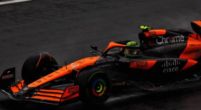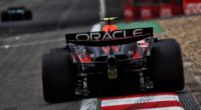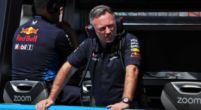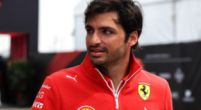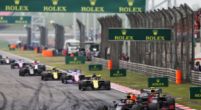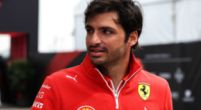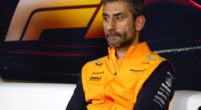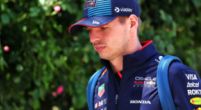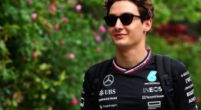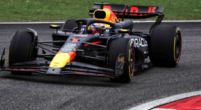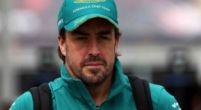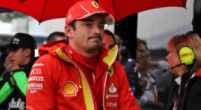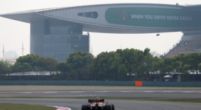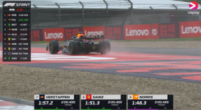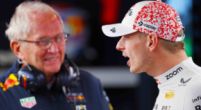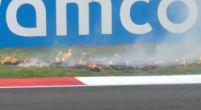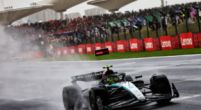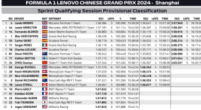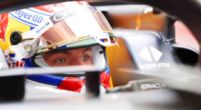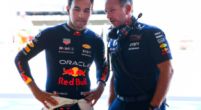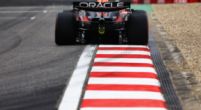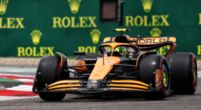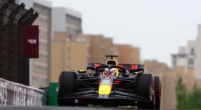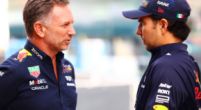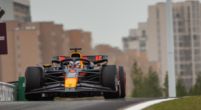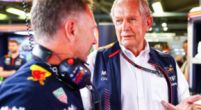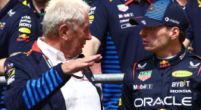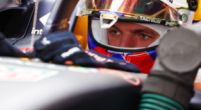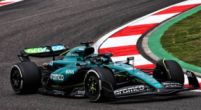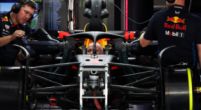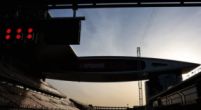Column
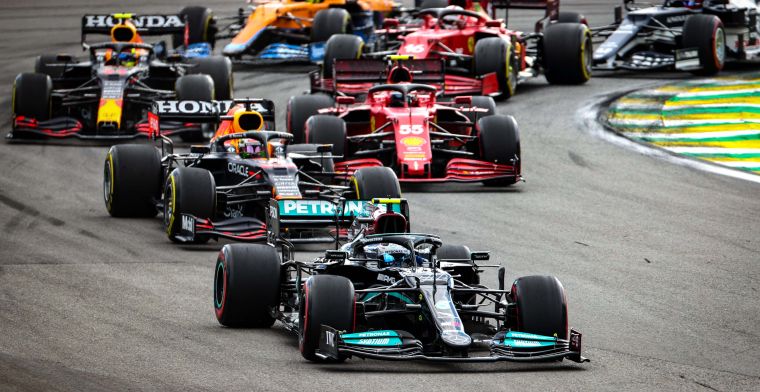
Sprint races in 2022 | Does Formula 1 really need this new format?
In 2021, Formula 1 tested sprint racing over three Grand Prix weekends and in 2022 it wants to do so over six weekends. However, the teams still have to approve this and there may also be some fine-tuning of the weekend's content. At GPblog we asked editors of the Dutch and English editions what they think of the sprint races, whether Formula 1 needs it and if so, in what form they want to see it.
Nicole Mulder - Editor GPblog NL
In my opinion, sprint races can add a lot to Formula 1. The pilot in 2021 showed that it can certainly bring extra excitement to a race weekend. However, the format still needs to be tweaked. The third free practice session on Saturday turns out to be a useless session in a sprint weekend since the parc fermé rules are already in force then and the teams are therefore no longer allowed to make adjustments.
In addition, the reward for sprint qualifying is relatively small. Only a few points are distributed among the three fastest drivers, which means that a lot of risk is taken for a good starting position. That risk is not worth it for everyone, while some may want to seize their chance to move to the front, perhaps taking others with them if things go wrong.
As far as I am concerned, it is a good thing that sprint races will also have a place in Formula 1 in 2022, but adjustments are needed. I would say scrap FP3 from the sprint weekend and award more points to more drivers. It would be good to not only reward the top three in the process but to extend the points to the top six, for example.
Rishi Wig - Editor GPblog UK
A few hiccups came through during the running of the events, which was to be expected. Most fans noticed that after the opening few laps of flurry, the drivers seem to settle down, unwilling to risk a decent grid position or face potential damage from a risky manoeuvre. Monza presented a completely new difficulty, with the rearranged schedule causing the session to be run nearing dusk, raising concerns from drivers and fans about visibility and timing.
Some theories have been generated that the incentive for the close racing that F1 wishes for, actually isn’t being presented to the drivers and teams. With only 6 points dispensed in total for the event and only provided to the “podium positions”, drivers have little to risk and will therefore push their machinery harder on Sunday. With the “cost caps” set to come in with a stronger effect in 2022, some concern has also been laid out by teams and individuals as to how damage costs are going to be laid out and whether teams & drivers would be inadvertently financially punished for incidents that they did not create.
So, an adequate test was conducted on three vastly different circuits to find if it will be successful. Thus, Formula One will need to frequently and randomly assess, either through personal interviews or online surveys, to find adjustments to the racing series. As Fernando Alonso said himself, the necessity of the novel changes must be investigated by the fans for it to find a long term place within the F1 sphere.
Bonne Veenstra - Editor GPblog NL
It's good that Formula 1 is trying new things, but a sprint race on Saturday is not the solution. What is nice about the weekends with sprint races, is that the teams have only one free practice before the 'normal' qualifying starts. In the second free practice on Saturday, the teams are not allowed to change anything. This leaves a lot still unknown to teams and fans prior to the sessions that really matter. With a calendar that continues to expand, it may be a good idea to look at weekends that are only two days long. Saturday morning a long free practice session of one and a half or two hours with qualifying as we know it on Saturday afternoon.
Should Formula 1 choose to go for sprint races, it is important that the drivers and teams are rewarded more. For this one can look at the points system that was used from 2003 to 2009. With this system, the number ten got points, number two got eight, number three got six and from there one point less and less until the driver on P8, who got the last point. This could be a way out and could cause drivers to race harder during the sprints.
Femke Notermans - Editor GPblog NL
While I appreciate Formula 1 trying new things, I'm not a big fan of the sprint races. The sport wants to give the fans more entertainment, but I don't think the new format will provide that. Especially in Silverstone, we saw that the outcome of the sprint race was quickly determined, Verstappen was flying away. The drivers don't want to take too many risks, because a collision or crash has major consequences for the race on Sunday where most points are earned. The first few laps of the sprint race are still exciting, but the fifteen laps after that are not much.
With the new regulations in 2022, the chances of a title fight are high and the grid should be closer together. As long as F1 can maintain that, I don't think sprint races are needed. Qualifying was very exciting between Verstappen and Hamilton in 2021, so extra entertainment was not needed in my opinion. On Saturdays, I was often on the edge of my seat because the two rivals were so close in terms of times. The value of a pole position is less by a sprint race, and I find that a pity. Maybe the format can be improved by awarding more points, and making it a separate race that doesn't determine pole position on Sunday, but for now I think F1 is exciting enough without the sprint race.
Matt Gretton - Editor-in-Chief GPblog UK
A lot of elements of the sprint race weekend format were positive. From the obvious being more action spread across the weekend, to having free tyre choice. But I’m not sure the actual event itself works. Aside from the opening three laps, not a lot really happened on the circuit. It’s ultimately putting drivers through another race start and giving them the opportunity to make a couple of places on the grid at turn one.
For a sprint race to work properly and be eventful throughout the whole event, you need the likes of Lewis Hamilton and Max Verstappen at the back of the grid. A reversed grid format. At the same time, there’s no place for that in Formula 1. It’s far too artificial to form part of the high prestige Formula 1 World Championships. My suggestion is they run a separate sprint world championship and use a reverse grid from Friday qualifying. The result doesn’t change the starting grid for Sunday’s main Grand Prix, and points gained don’t count towards the main Championships.
Jordi Smit - Editor GPblog NL
The FIA was wise to introduce sprint races. Despite the handsome performances of Lewis Hamilton and Max Verstappen, who made it a smashing season in 2021, Formula 1 had been looking hard for more excitement on weekends in recent years. Sprint races simply create more zing on the track, making predictability less present.
Since the new format is still in its infancy, it is logical that there is criticism. The FIA should therefore not close its eyes to valid arguments and refine the sprint races in the coming years. It also seems logical that it will hand out more points during the sprint races, so that teams actually have something to fight for. In short, the new format requires a different way of thinking, but that can only make Formula 1 more interesting.
Tim Kraaij - Editor-in-Chief GPblog NL
Although it's not a popular opinion, I do welcome the sprint races and especially the fact that F1 finally dares to try some things. In my opinion, Formula 1's age-old racing format is outdated. The three practice sessions are about nothing and take up too much of the race weekend. Even MotoGP is smarter about this.
There are, however, some problems with the current format and it starts with the remaining practice sessions. The second practice on Saturday is hopeless because qualifying has already taken place. This order is not logical. In my opinion, it would be better to organise the two practice sessions on Friday, qualifying on Saturday morning and the sprint race on Saturday afternoon.
This is not the only obstacle, however, because the sprint race is not about anything at the moment. Only the top three get points, which are also very few points and the result determines the starting grid for Sunday. So too much depends on it. In my opinion, qualifying should determine the starting order for the sprint race and the main race. That way, drivers can take more risks on Saturday. If you also give points to the top eight according to the old format (10,8,6,5,4,3,2,1), then the drivers have something to drive for.

